Precision Impeller Machining for Aerospace




| Product name: | Precision Impeller Machining for Aerospace |
| Keywords: | Precision Impeller Machining for Aerospace |
| Industry: | Transportation - Aerospace industry |
| Process: | Machining - Five-axis machining |
| Material: | Alloy steel |
Processing manufacturer
- There are 53 manufacturers that provide similar products
- There are 135 manufacturers that provide this processing technology
- There are 82 manufacturers that provide this material processing service
- There are 130 manufacturers that provide this industry processing service
Product details
Aerospace precision impellers are rotating components used in engines, pumps, or turbine systems, primarily in aircraft engines, rocket thrusters, or satellite propulsion systems. These impellers have complex shapes (often thin-walled integral structures) and are made of high-temperature, high-strength materials (such as titanium alloys and nickel-based superalloys). They require extremely high machining accuracy (tolerances of ±0.01-0.05mm, surface roughness Ra≤0.4μm) to ensure aerodynamic performance and durability at high speeds (>10,000 rpm).
1. Material Properties
Aerospace impellers commonly use high-performance alloys to ensure reliability in high-temperature, high-pressure, and corrosive environments:
- Titanium Alloy (Ti-6Al-4V): Lightweight, high-strength, and corrosion-resistant, suitable for turbine impellers.
- Nickel-based Superalloy (Inconel 718): High-temperature resistant (>1000°C), oxidation-resistant, suitable for integral engine impellers.
- Other: Aluminum alloys or ceramic composites for specific light-load applications.
| Material Type | Key Properties | Typical Applications |
|---|---|---|
| Titanium Alloy | Low density (4.5 g/cm³), high strength (>900 MPa) | Rocket engine impellers |
| Nickel-based Alloy | Heat-resistant, fatigue-resistant, good weldability | Aerospace turbine impellers |
| Aluminum Alloy | Easy to machine, low cost, but moderate heat resistance | Auxiliary pump impellers |
2. Machining Methods
Precision impeller machining emphasizes high precision, multi-axis linkage, and a combination of non-traditional machining methods to achieve complex geometries (such as blade curves and thin-walled internal cavities). Common methods include:
- 5-Axis CNC Machining: Uses 5-axis linked machine tools (such as DMG Mori or Mazak), suitable for complex curved blades. Challenge: High cutting forces lead to vibration. Solution: High-rigidity tools and CAM software to optimize paths. Machining time can be reduced by 30-50%.
- Electrochemical Machining (ECM): Non-tool contact, non-thermal machining, suitable for thin-walled structures of high-temperature alloys. High surface quality (Ra<0.2μm), no residual stress, particularly suitable for complex aerospace geometries.
- Flexible Manufacturing System (FMS): Integrates multiple CNC machine tools to achieve automated mass production of integral impellers, with precision controlled within ±0.02mm.
- Other: Precision casting + post-processing (such as investment casting), or laser processing for fine r-angle corrugations. Thin-walled integral centrifugal impellers can be manufactured using a patented method: rough machining the internal cavity first, then finish machining the blades, ensuring that ultra-thin blades (thickness <1mm) are free from deformation.
Similar products
More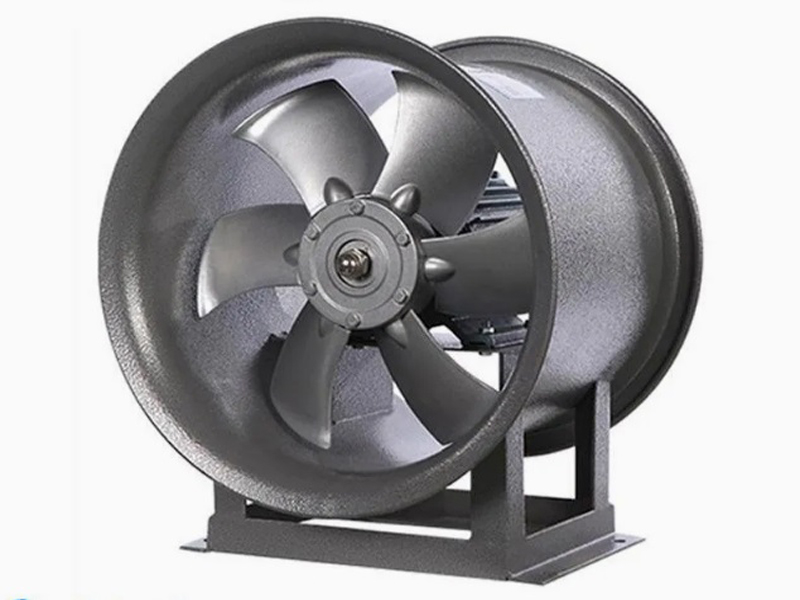
What are the machining processes used for processing axial fan housings
- Process : Sheet metal - Welding
- Material : Carbon steel
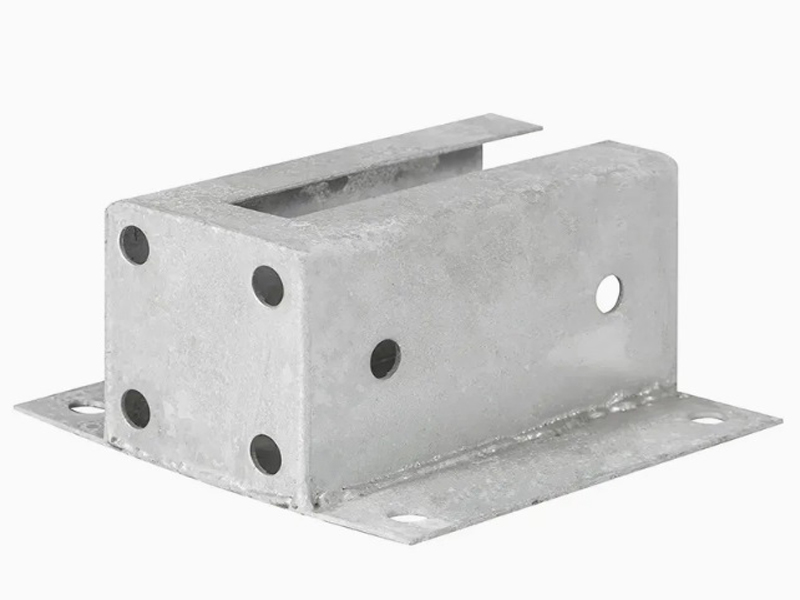
Machining Process Analysis of Carbon Steel Fixed Anchor Plates
- Process : Machining - CNC milling or milling machining
- Material : Carbon steel
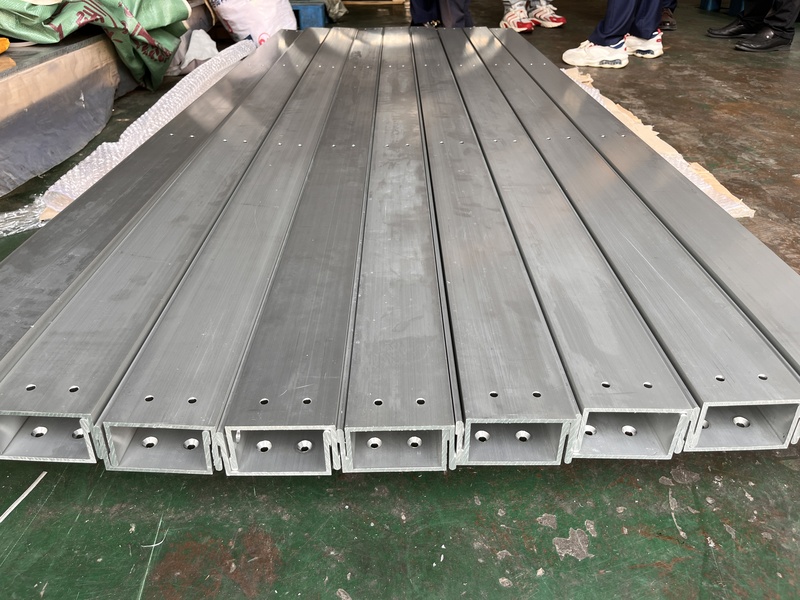
Precision Machining of U-Steel Profiles for Building Applications
- Process : Stamping - General stamping
- Material : Aluminum
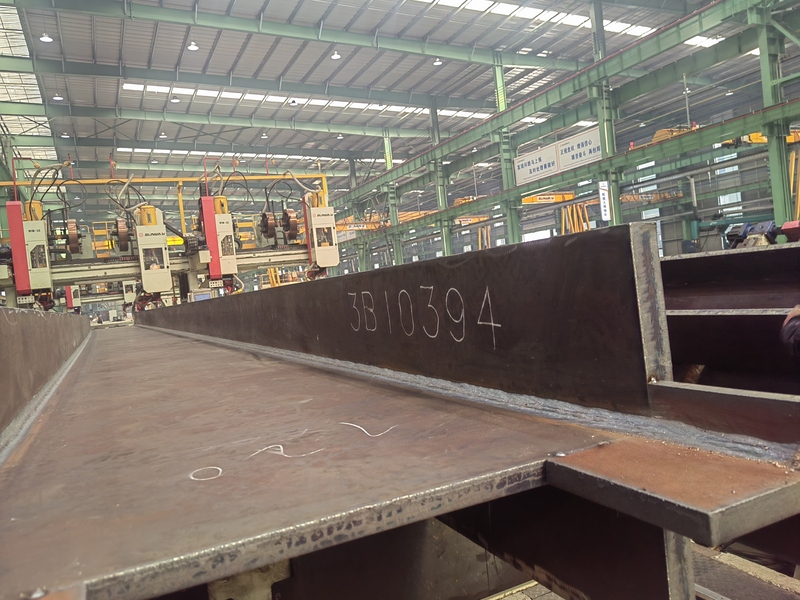
Custom Fabrication of S355JR Welded H-Beams for Construction Projects
- Process : Sheet metal - Welding
- Material : Carbon steel
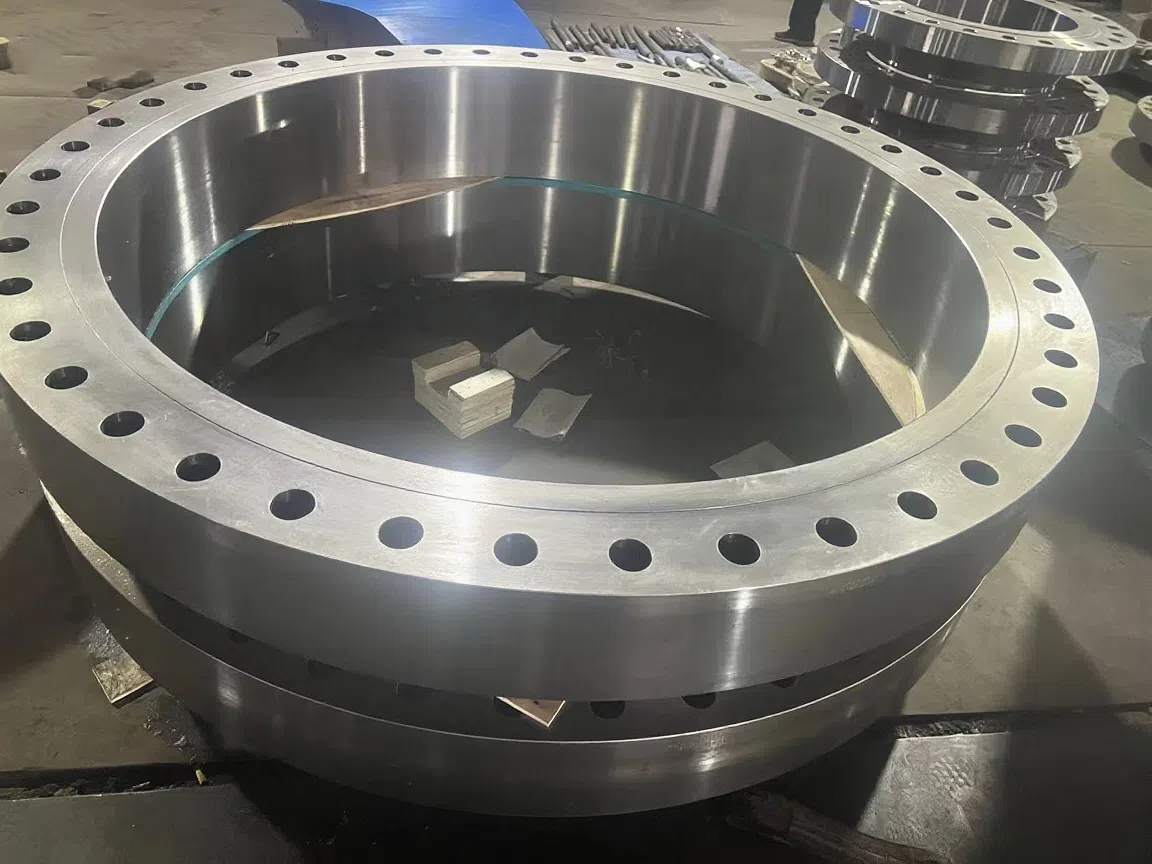
Heavy-Walled Flange Milling-Turning Machining and Flaw Detection
- Process : Machining - Turning Milling compound
- Material : Alloy steel
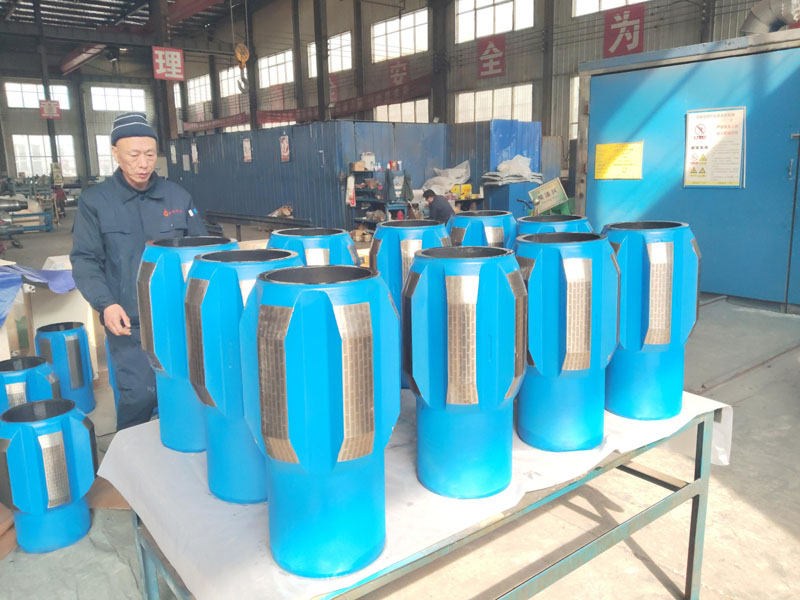
Drill Stabilizers Applied in Oil Drilling Platforms
- Process : Machining - Five-axis machining
- Material : Alloy steel
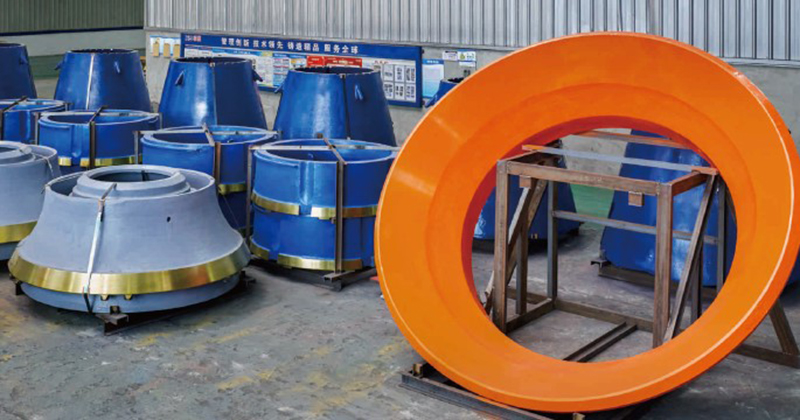
Cone Crusher Mantle
- Process : -
- Material :
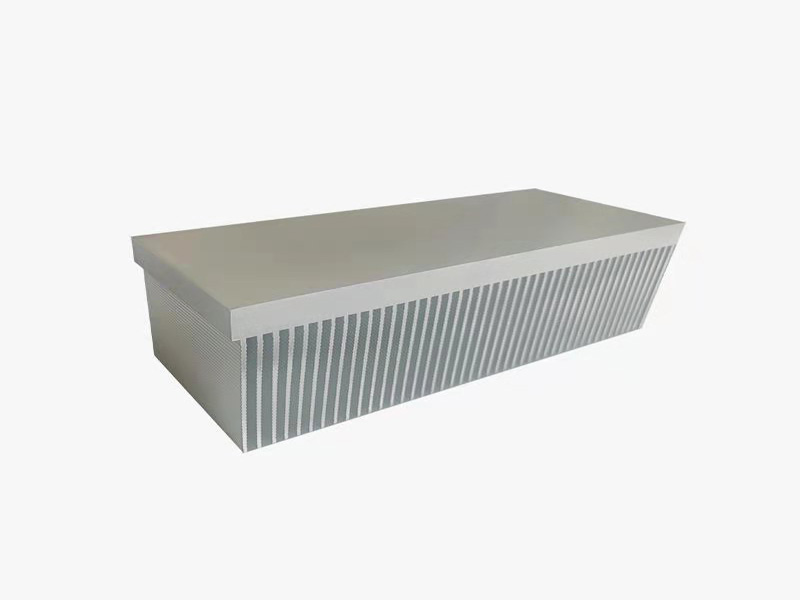
Innovative skiving technology: Breaking through the bottleneck of high-density heat dissipation technology
- Process : Surface treatment - Others
- Material : Alloy steel
More products
More
What are the machining processes used for processing axial fan housings
- Process : Sheet metal - Welding
- Material : Carbon steel

Machining Process Analysis of Carbon Steel Fixed Anchor Plates
- Process : Machining - CNC milling or milling machining
- Material : Carbon steel

Precision Machining of U-Steel Profiles for Building Applications
- Process : Stamping - General stamping
- Material : Aluminum

Custom Fabrication of S355JR Welded H-Beams for Construction Projects
- Process : Sheet metal - Welding
- Material : Carbon steel

Heavy-Walled Flange Milling-Turning Machining and Flaw Detection
- Process : Machining - Turning Milling compound
- Material : Alloy steel

Drill Stabilizers Applied in Oil Drilling Platforms
- Process : Machining - Five-axis machining
- Material : Alloy steel

Cone Crusher Mantle
- Process : -
- Material :

Innovative skiving technology: Breaking through the bottleneck of high-density heat dissipation technology
- Process : Surface treatment - Others
- Material : Alloy steel